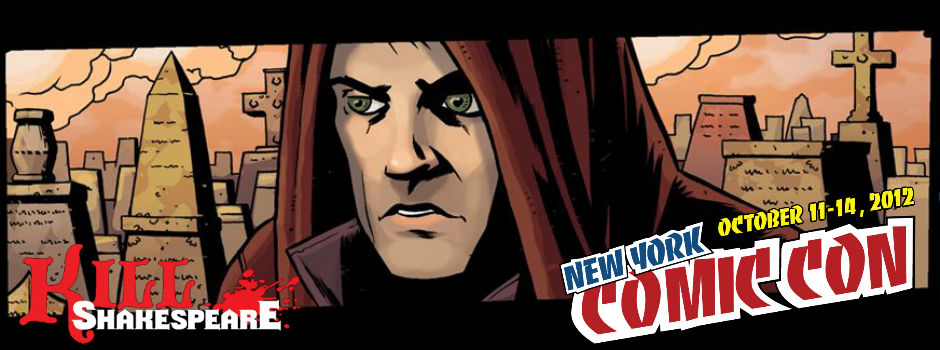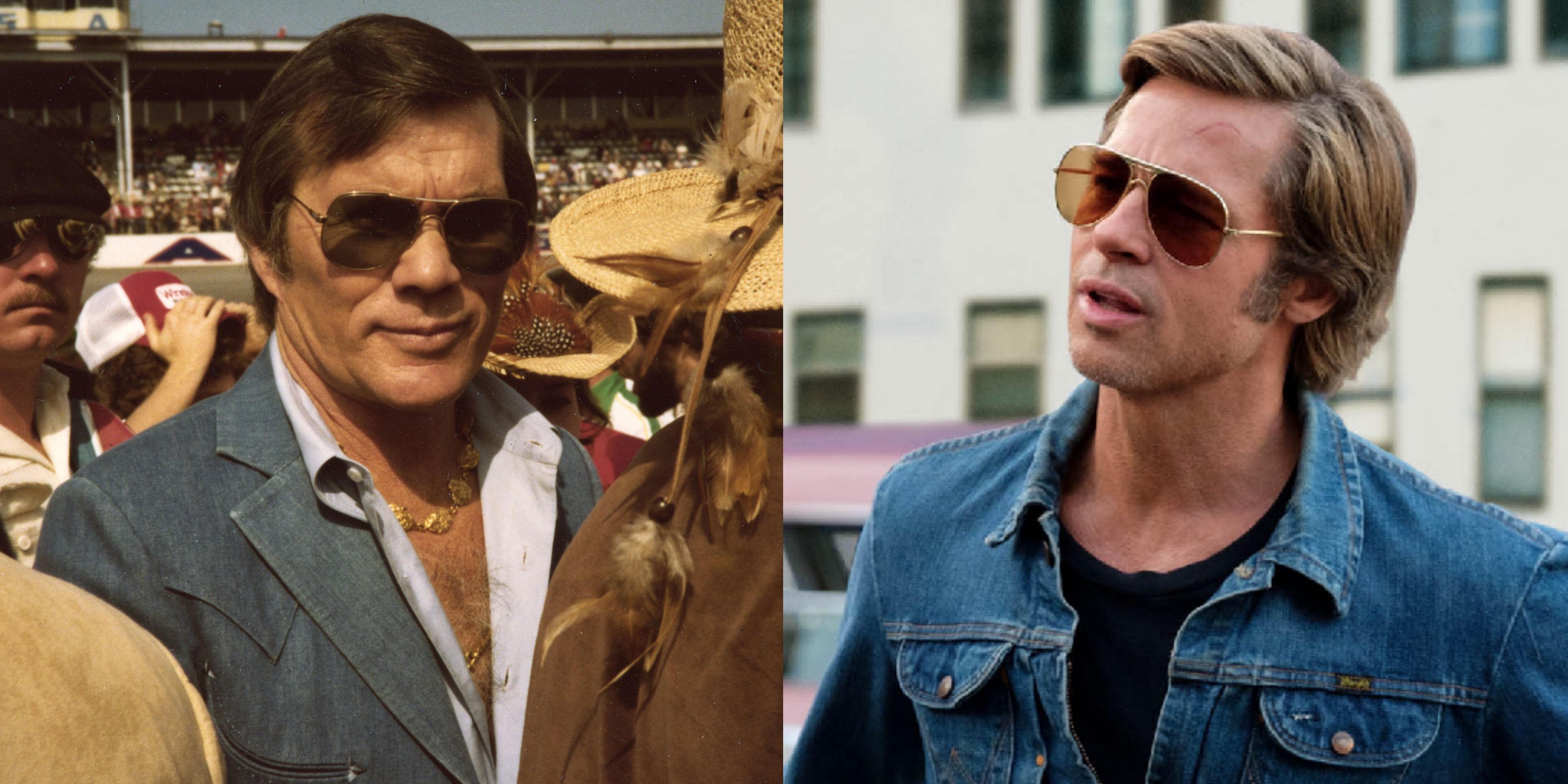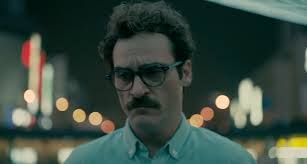
The last decade has given the film viewer a tidal wave of sewage in the form of endless remakes, sequels, and a combination of the two with comic book superhero movies. It is just the way the film industry’s way of saying, we’re bereft of imagination and are willing to pander to vulgar tastes of the public.
I can only comment on the few films I have seen. Those worthy of comment.
When there is something vaguely original it is something like, Cowboys and Aliens, an interesting idea gone to shit. Director Jon Favreau must live a charmed life to survive that trash. It is worth noting he has gone on to direct kiddie films.

Martin Scorsese took a break from gangster films to score a big hit with Hugo, easily his best film. The man clearly loves his craft (sometimes).
The Artist [See Matt Cale’s review] was an entertaining and charming throwback to the days before what John Ford called, “all that talk”, when a director used images to tell the story.
To many of us, a number that decreases as the years thunder by, the Paris of the 1920s was a special place. Hemingway, Scott and Zelda, Cole and Linda Porter and the other American expats helped to make it special. A lucky Hollywood writer from the 21st Century found a way to journey back to that magical time and place with Woody Allen’s delightful, Midnight in Paris. I wish I could have gone with him.

Woody Allen [Please take a look at Plexico Gingrich’s excellent and thorough article about the Woody Allen allegations] has made more quality films that any other living director. Viewers who do not like his films likely do not enjoy films by Charlie Chaplin, John Ford, or Ernst Lubitsch. I doubt they like Groucho, either. In the past decade Woody also gave us Cate Blanchett in Blue Jasmine.
Matt Cale chimes in on Blue Jasmine: Giving the performance of her life, Cate Blanchett is Jasmine; a pampered, pathetic, ultimately doomed heroine so bedeviled by circumstance that when she falls – and hard – she’s inclined to believe that resurrection is always just around the corner. As simple, even, as an online course away. Her greatest failing, then, is not her willing participation in her husband’s criminal rise, nor her snooty demeanor that sets everyone on edge, but her insistence on reinvention.
Given that this is a Woody Allen production – and one of his best of recent years -we know the eventual arc of this tragedy, for if he has a mantra (and Iâm not sure he does, save the avoidance of death at all costs), it is that no greater fool exists than the man who believes all lives warrant a second act. From birth to death, we remain fixed in routine and chronic dissatisfaction, and while we might try on different hats, changing the drapes from time to time, we are but static beasts always and forever, bringing expensive baggage to whatever hovel might greet us, believing it will ultimately conform to our desires.
If Woody is twisting his dagger into a particularly vile form of privilege (as he always does to some degree), and thereby elevating the more earthy, less moneyed as a result, don’t be fooled. He’s after more than Jasmine in the end, with that final, lonely park bench having room for us all. –Matt Cale

John Welsh continues with “Avenge This”:
I share Martin Scorsese’s thoughts on movies featuring comic book superheros. He compared them to amusement parks and I have to agree. They are like Six Flags over Repetition. The roller coaster is broken and the soft drinks over priced. After you have been there a couple of times, its the same old, same old.
The Avengers features mere mortals cavorting with the Gods of Asgard. One mortal runs around with a bow and a quiver of arrows (This is the 21st Century, isn’t it?) Black Widow is armed only with a great bod, and a pair of Glock 26s strapped to her thighs. Hmm.
It features a, and I am not making this up, it features a flying aircraft carrier. Why does it fly? Because a 12 year old boy, the target audience, would think it’s cool.

Then there is the boring and over long story build-up to the Big Fight. The same Big Fight seen in all comic superhero movies. Ho hum.
Oh, and plenty of existential angst.
I approach comic book superhero movies with a disadvantage. I have never read a comic book. I know that is like a English Lit. major saying he/she has not read Shakespeare or James Joyce’s Ulysses, but as characters in The Irishman repeat over and over; it is what it is…

When I think of some of Tarantino’s movies, like Django Unchained [Ron Mexico’s Review, The Good, The Bad, and the Ugly of Django Unchained], I think of Tarantino’s history, learned, as he has learned everything else, staring at a video screen.
His Westerns look like vulgar remakes of every ABC Western series from the 1960s. Especially the bad ones. I was unchained about 40 minutes into Django Unchained.
Inglourious Basterds is Tarantino’s Nazi masturbation fantasy offering Brad Pitt’s laughable southern accent. [EDITOR’S NOTE: Matt Cale loved it, and so did I]

I can understand why people enjoyed Once Upon a Time in Hollywood. I spent a lot of time in Hollywood in those days and Tarantino captured the look and feel of the time and place. Musso & Frank’s brought back memories of dining with an actress who befriended me on a rough location shoot. The Coyote Cafe reminded me of a couple of bad meals I had there.
Brad Pitt reminds me of a stunt man I knew. His performance was spot-on.

But I could not get past the jump cuts, the long pointless sequence of the Lancer pilot, in-and-out narration (unnecessary), and the constant calling attention to the camera. “Hey, this is a movie!”
And finally, Dunkirk. I would never in my wildest, fevered dreams, compare Dunkirk to Roshomon. I have seen both, after-all. It is like comparing The Longest Day to Roshomon. (Only Dunkirk seemed like a much longer day.)

Matt Cale winds it up with his NUMBER ONE FILM OF THE DECADE, HER: Forgoing obvious satire and condescending mockery in favor of genuine feeling and emotional depth, writer/director Spike Jonze has crafted a post-millennial masterpiece of rare heft and import; a film about no less than the very nature of love itself. Though set in a vaguely futuristic society where citizens have abdicated participation in a living, breathing world through the ubiquity of smart phones and social media (to the point where having seemingly solo conversations on the street is the norm), the story is defiantly timeless, acting not as a death knell for our evaporating humanity, but rather as a compassionate, empathetic mirror for the living present.
As such, a man like Theodore Twombly (the always astounding Joaquin Phoenix) is not a joke, or a jerk, or any such sad symbol of the times, but one who emerges as quietly heroic in spite of himself. If he’s to act as a stand-in, let it be for all those who seek succor through fantastical means, which, in all honesty, includes just about every one of us at one time or another. While few and far between might limit their connections to chat rooms, engage in sexual relations with inanimate objects, or, in Theodore’s case, fall madly in love with an operating system (albeit one voiced by Scarlett Johansson), rare is the bird who has never felt the impulse to craft a relationship that can, by whatever means, minimize emotional risk.
For as bizarre as it might seem for a man to, say, prefer plastic to flesh, his motivation is, at bottom, shared by us all: simple, unadorned pleasure, through the reasonable avoidance of pain. As such, all love, whether by design or through happenstance, on a single breathless night or over the long haul of many decades, is an escape from, well, something. There are big laughs in Her, though never at anyone’s expense, and what remains is a rumination on amour so complete – its fragility, its essential ephemerality, its utter inevitability as the driving force of our lives – that it’s bound to serve as the final word on the subject for some time to come. –Matt Cale